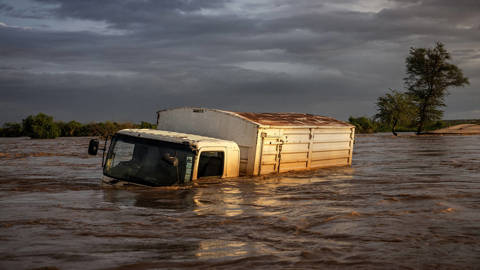The IMF After Argentina
The IMF finds it very hard to pull the plug on a country and insist that it reschedule (or default) on its debt. There are a number of reasons. One is that until the crisis lenders are enthusiastically selling the country as a success story and to reverse that narrative is painful for the country's authorities and its businesses. Restructuring and default bring the chaos that the IMF is trying to avoid, along with sharp declines in income. These are blamed on the politicians who then lose their jobs. In 2002 in Argentina, the government tried to blame the IMF for pulling the plug and some of the mud stuck. Then for the IMF staff to tell a country it was time to default on its debt is likely to be considered as illegal interference in contract for the individuals involved.
Attempts to create a system for judging whether debt was sustainable have been difficult, given the possibility of both Type A and Type B errors. But if the IMF goes ahead and lends to what turns out to be an unsustainable debt burden, then its (senior) claims become part of the problem (see Argentina and Greece). While Fund assistance can give the breathing space to change an unsustainable situation into a sustainable one, the dangers from failure are very severe. The Fund needs a rule that is biased in the direction of caution: in cases where the membership still wants to support the country in question, IMF assistance needs to be buffered by substantial junior bilateral assistance that does not worsen the country's debt profile. Even so, this may be to postpone a debt restructuring that would represent a genuine opportunity for a return to a strong growth path.








